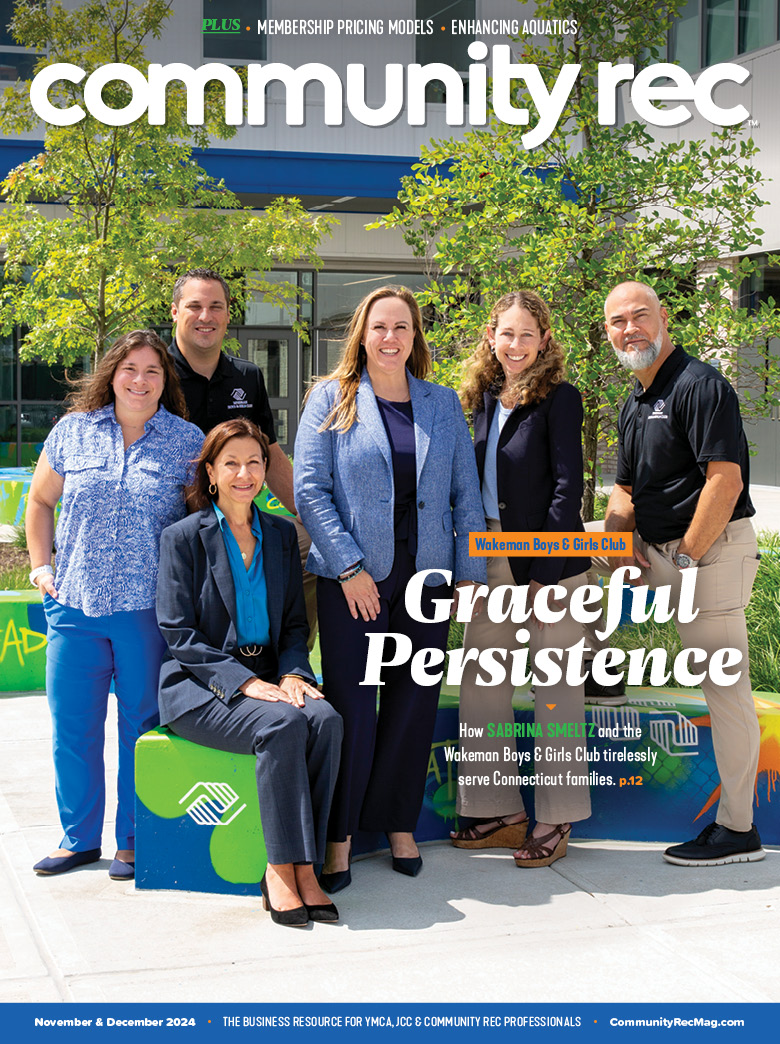While you may prepare for typical emergencies, it is most important to be prepared for the unexpected moments.
It only took a moment. In the spring of 2017, a life was lost in a Charlotte, North Carolina pool. It wasn’t the life of a member in an incident for which they were prepared. It was in the still quiet of the morning when a young lifeguard on duty was just opening the pool. It was her bod – still in street clothes – that was found just before seven in the morning, unresponsive in the water after experiencing a seizure and falling into the pool. It was a swift and unexpected moment.
While it is easy to prepare for the more common emergency like a young child struggling to swim, it is much harder to anticipate the unexpected, such as a well-trained lifeguard having a medical event or falling into a pool with no one around to help. Drowning is fast and silent and can claim a victim in less than 60 seconds.
The following are four actions you can take to better prepare for the unexpected at your aquatics center.
1. Create a plan of action for emergency or unexpected situations. These can involve natural disasters such as storms or earthquakes – dependent on where you are located – or might just occur when the pool is not open and there’s no one around. Create a plan of action and run drills that take these possibilities into account. Below are some example situations to include in your plan:
- Power outages.
- Network outages.
- Radio malfunctions.
- Lack of personnel at the pool or front desk.
2. Invest in the best aquatics equipment. The best life-saving equipment is always worth the investment. Emergency notification devices such as those automatically triggered by submersion into water or a fall can shave seconds off rescue time. When drowning can happen in less than 60 seconds, this might make the difference between life and loss.
3. Always have a backup and work in pairs whenever possible. The young Charlotte lifeguard might have survived if someone else was nearby when she fell in the pool. Lifeguards are susceptible to a drowning incident like anyone else, so try to put two lifeguards on duty at a time whenever possible.
4. Do your research. To best prepare for the unexpected, start a dialogue with your peers to share your ideas and learn from others. Talk to other aquatics directors and lifeguards to hear their stories of different emergency experiences and unique solutions they may have found to prepare and respond. Knowledge and resource sharing might be our best line of defense against aquatics accidents and loss of life.










